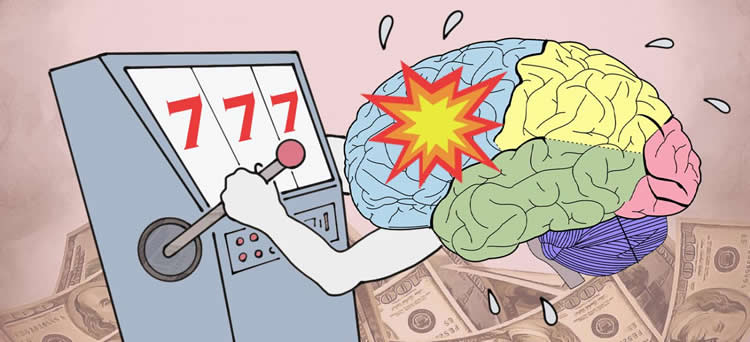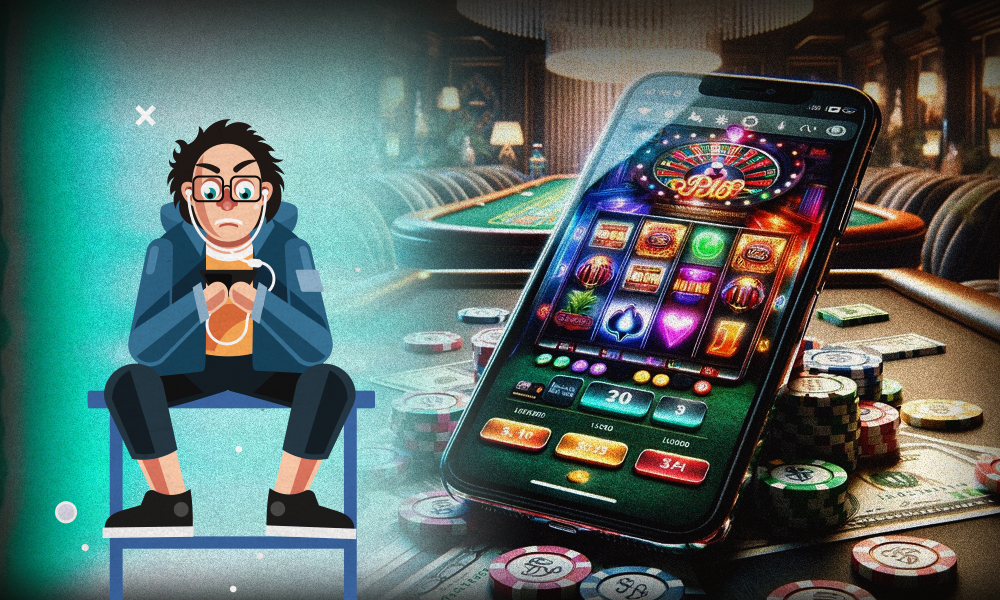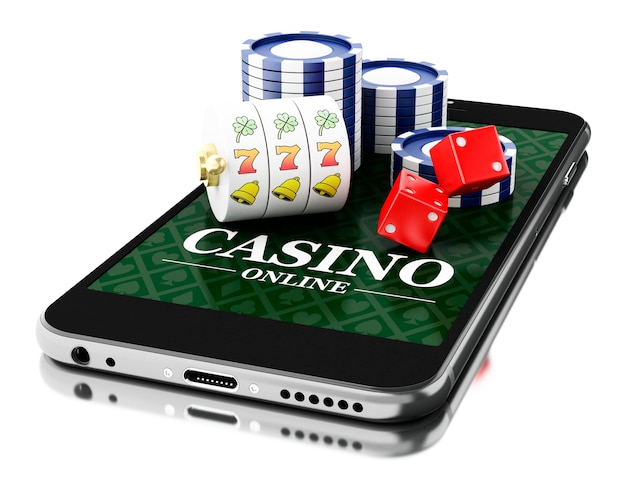For a long time, gambling addiction was dismissed as a moral failing or a lack of willpower. However, modern neuroscience has revealed that compulsive gambling is a legitimate behavioral addiction with roots in the brain’s intricate reward system. By understanding the neural pathways involved, we can better grasp why the “gambling realm” is so difficult to escape and how effective treatment can be designed.
The brain’s reward system is a network of circuits designed to reinforce behaviors that are essential for survival, such as eating and procreating. At the center of this system is the neurotransmitter dopamine, which is responsible for feelings of pleasure and motivation. When a person wins a gamble, the brain releases a surge of dopamine, creating a powerful feeling of euphoria. This rush is the brain’s way of marking the behavior as valuable and worth repeating. Over time, the brain can become rewired to crave this dopamine release, leading to a compulsive pursuit of gambling experiences.
Crucially, studies have shown that the brains of individuals with gambling addictions react differently not only to wins but also to near-misses and even losses. A near-miss, such as a slot machine reel landing just one symbol away from a jackpot, can activate the same brain regions as a win. This creates a misleading sense of being close to success, driving the gambler to continue playing. In fact, for a person with an addiction, the anticipation of a potential win can be more rewarding than the win itself, creating an endless cycle of chasing the next high.
This biological mechanism helps explain the phenomenon of “chasing losses,” where a person continues to gamble in a desperate attempt to recoup what they have lost. The emotional pain of a loss, combined with the anticipation of a possible win, creates a powerful cognitive distortion. The gambler’s brain tells them that the solution to their problem is to continue the very behavior that caused it. This cognitive distortion is a primary reason why addiction is so hard to overcome without intervention.
The accessibility of modern online gambling platforms has further exacerbated the problem. Digital interfaces, with their immersive graphics, quick-fire betting options, and constant streams of data, are engineered to maximize dopamine release and keep the user engaged. Virtual money and credit card transactions can make gambling feel less real, reducing the psychological impact of losses. For many, this constant access means they are always just a click away from entering the “Gambling Realm,” making it difficult to maintain control.
Recovery from compulsive gambling involves more than just willpower; it requires healing and rewiring the brain. Therapeutic approaches such as Cognitive Behavioral Therapy (CBT) and motivational interviewing are designed to address the underlying cognitive distortions that fuel the addiction. By helping individuals recognize and challenge their irrational beliefs about luck and control, therapy can help weaken the psychological hold of the gambling realm. Medication can also play a role in managing co-occurring conditions like anxiety and depression, which often accompany gambling addiction.
Understanding the neuroscience of gambling addiction can help destigmatize the condition. It shows that the problem is not a character flaw but a complex interaction between brain chemistry and behavior. This knowledge empowers individuals and their families to seek help without shame, focusing on treatment and recovery. The ultimate goal is to break the brain’s association of gambling with pleasure and replace it with healthier, more sustainable sources of reward.
In conclusion, the deceptive “high” of gambling is a powerful neurological phenomenon that can trap individuals in a cycle of addiction. By combining scientific understanding with evidence-based therapies and a strong support system, it is possible to retake control of one’s mind and escape the debilitating effects of the gambling realm. Recovery is a journey of healing the brain, and it begins with the recognition that addiction is a medical issue, not a moral one.



